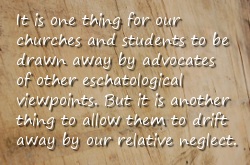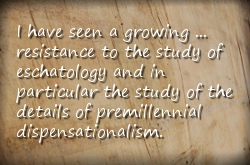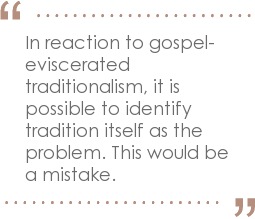Reflections on "The Book" - Four Views on The Spectrum of Evangelicalism
[amazon 0310293162 thumbnail]The new Four Views on the Spectrum of Evangelicalism is being discussed in various venues such as Mark Snoeberger’s blog and by Kevin Mungons at Sharper Iron. In a few days, ETS will host a discussion on the book and its theme at the 2011 Annual Meeting in San Francisco. Carl Trueman will be there serving as moderator along with coauthors Kevin Bauder and Al Mohler, both of whom I know and respect. Too bad Roger Olsen and John Stackhouse Jr. won’t make it, but they have their reasons.
 Republished, with permission, from
Republished, with permission, from  Republished, with permission, from
Republished, with permission, from  Read
Read 
 Read
Read
Discussion